-
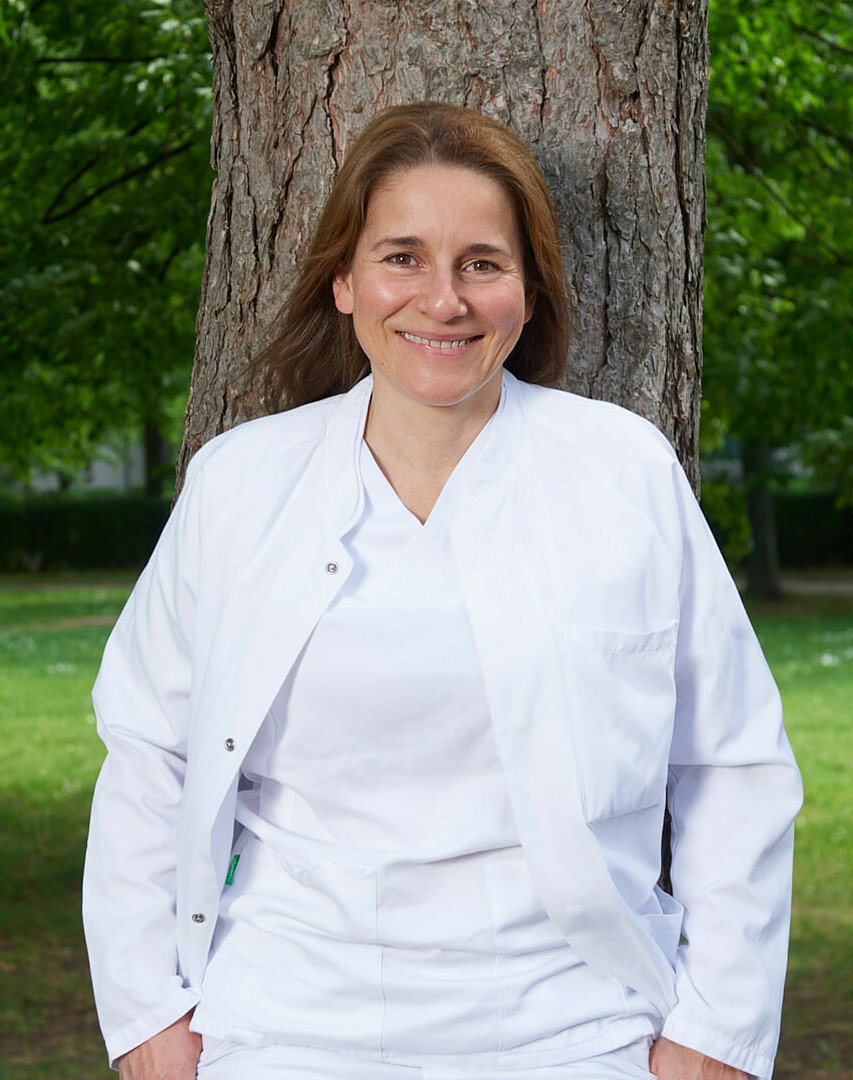
© Nils Bornemann
04.07.2023Prof. Dr. Mandy Mangler, Evangelische Hochschule Berlin
Brain City Ambassador Prof. Dr. Mandy Mangler is committed to a female perspective in obstetrics and gynaecology. The gynaecologist is Professor of Women's Health and Obstetrics at the Evangelische Hochschule Berlin (EHB). As Head physician, she is also in charge of gynaecology and obstetrics at two clinics: the Vivantes Auguste-Viktoria-Klinikum and the Vivantes Klinikum Neukölln in Berlin.
Prof. Dr. Mandy Mangler is currently the most well known gynaecologist in Germany. This is not only due to her impressive scientific career, but above all to “Gyncast”. She received the Berlin Women’s Prize in 2022 for the podcast, which she launched in April 2020. “In Gyncast, I accompany Esther Kogelboom from the 'Tagesspiegel' and Anna Kemper from 'Die Zeit' through a woman’s entire life. I not only look at the individual aspects of a woman’s life medically, but also consider them in their overall socio-political context. Unfortunately, the podcast often leaves me shocked, because I keep noticing how unfair medicine is for women,” explains the Brain City Ambassador, and specifies: “The female anatomy is usually neglected; studies do not ask the right questions. We live in a male-centred world that does not even live gender equality in gynaecology. I am trying to work out this problem and also to consider the women’s perspective in my other publications. This view is still missing all too often.”
Mandy Mangler grew up in Berlin and also studied here: Medicine at the Freie Universität Berlin. Her path to gynaecology was straightforward: For almost twelve years she worked in gynaecology and obstetrics at the Charité-Universitätsmedizin Berlin. From 2013 to 2014, she was the first and so far only woman to head the gynaecology department at Charité Mitte on an acting basis. Today she is Head physician for gynaecology and obstetrics at two Berlin hospitals: Since 2016 at Vivantes Auguste-Viktoria Klinikum and since the beginning of January 2021 also at Vivantes Klinikum Neukölln. Since 2021, she has also taught as a professor of women’s health and obstetrics on the “Midwifery” degree programme at the Evangelische Hochschule Berlin. “I am particularly interested in improving women’s lives – whether it is related to pregnancy, childbirth, the course of life or the treatment of tumour diseases – and looking at these aspects from the woman’s perspective.”
Berlin’s strength lies in the networking of the individual educational institutes and in the fact that not every institution has to reinvent the wheel. We can build on each other here.
A research focus of Mandy Mangler is obstetrics and the study of pregnancy and childbirth from the perspective of women and families. “The perspective in the field of obstetrics has long been pathological. It was mostly about what can go wrong at birth. That has changed: Today we think of midwifery more from the perspective of physiology and create evidence for the strengthening of women and families. However, there are still very few studies on this.” In addition, Mandy Mangler is concerned with changes in the cultural and socio-political view of women and the associated – mostly negative – effects on female life. “Female anatomy and sexuality are often portrayed in an andro-centric manner (man as the norm, Editor’s note). To give an example: We as a society still do not have a clear understanding of the anatomy of the vulva and clitoris. We have a lot of catching up to do to look at originally female topics through the eyes of women.” Her other research topics are gynaecological oncology and digitisation in healthcare.
Mandy Mangler appreciates Berlin because of its high recreational level. “In no other city can you be as free as in Berlin – Berlin loves everyone,” she says. As a physician and researcher, she in turn benefits from the unique infrastructure of Brain City Berlin. For example, she works with the Charité, Vivantes, various Max Plank Institutes and the gynaecological specialist societies based in the capital – as well as with the professional association of gynaecologists and international research institutes. “In Berlin we have access to a dense network of research institutes and educational institutions,” explains Mandy Mangler. Due to the large number of clinics and healthcare structures in the city that work together constructively, scientific data, for example, can be collected quickly. “This enables us, for example, to find quick and high-quality answers to important questions during a pandemic. Berlin’s strength lies in the networking of the individual educational institutes and in the fact that not every institution has to reinvent the wheel. We can build on each other here.”
For young researchers who want to come to Berlin, Mandy Mangler recommends above all to keep at it. “You can definitely find worthwhile and interesting projects in Berlin. There is no such thing as ‘it can’t be done’ in Berlin,” she says. However, it is important to define one’s own project clearly beforehand and to find the right contact person. The gynaecologist knows from her own experience: “Due to the close network in Berlin, you will always find someone who can help you.” (vdo)
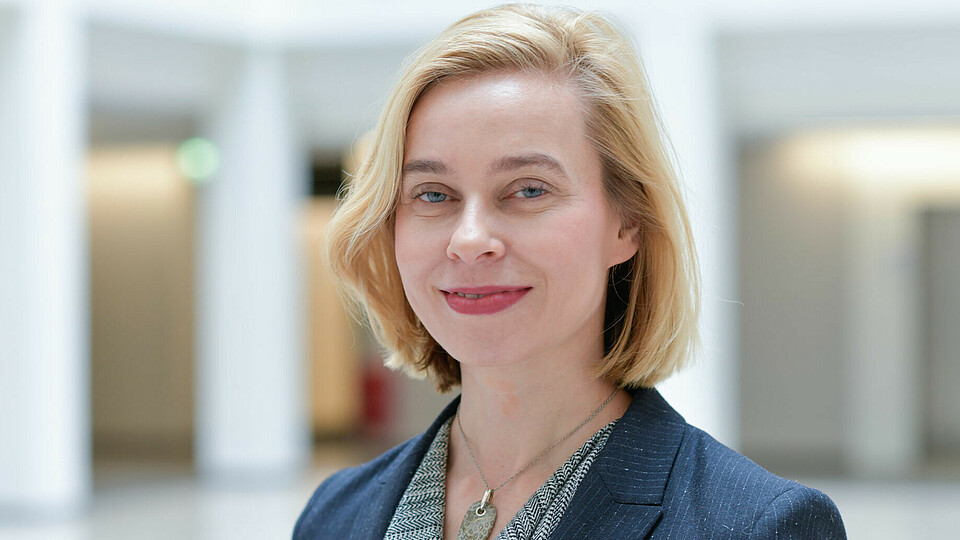
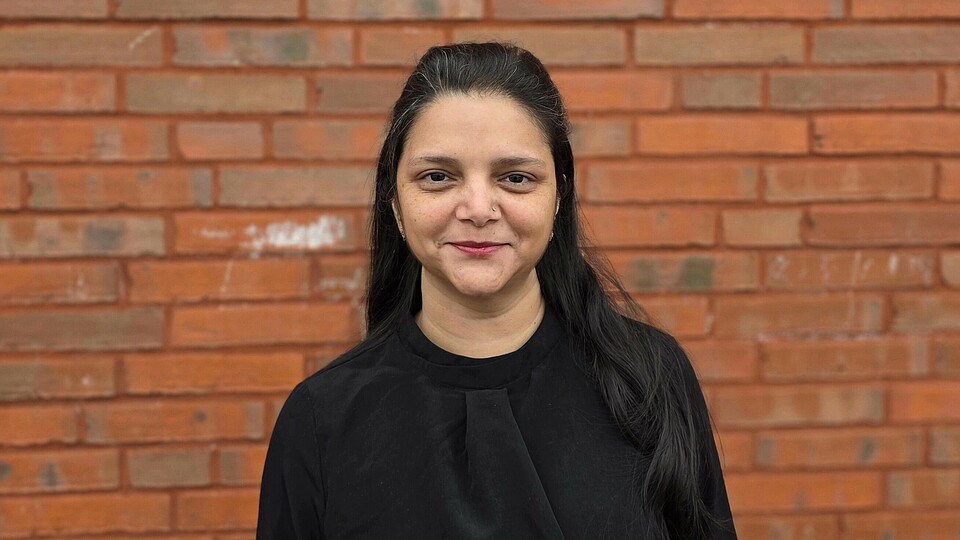
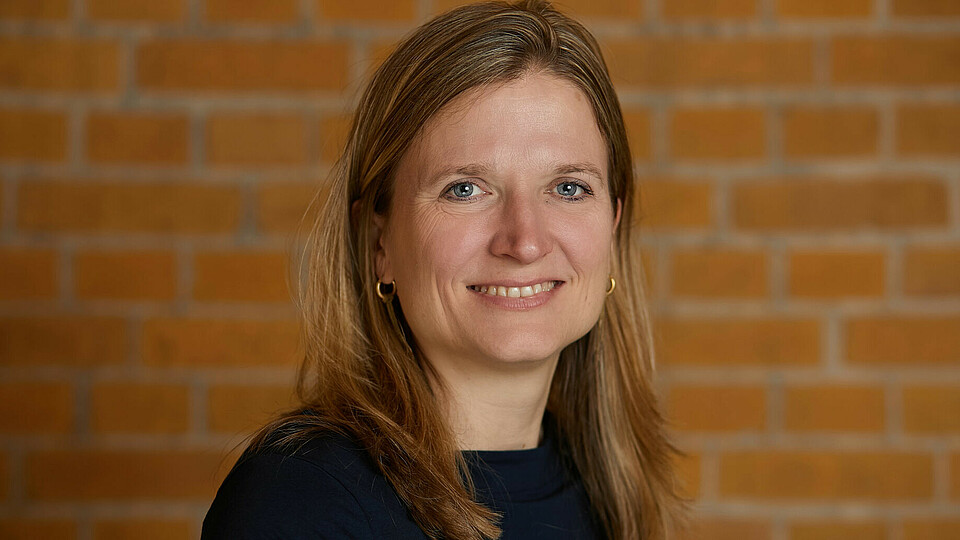
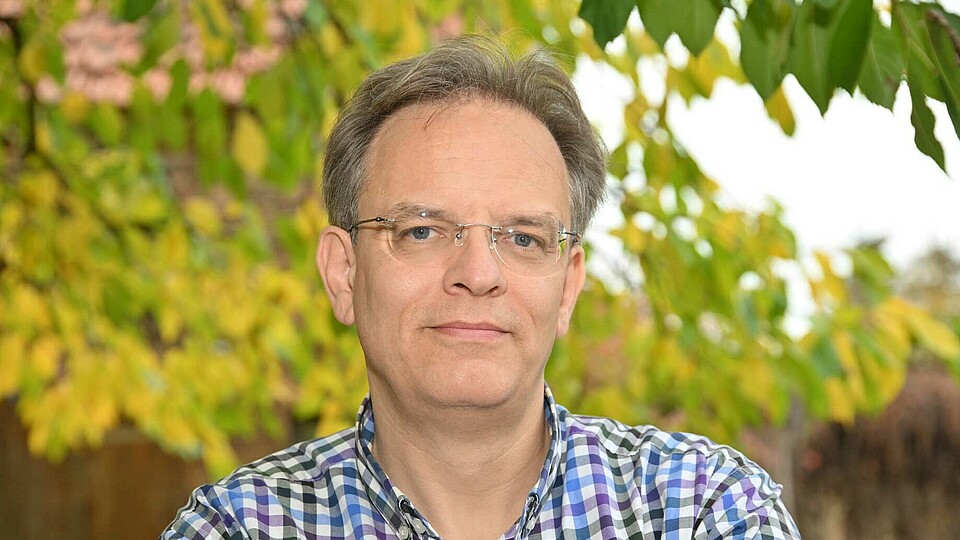
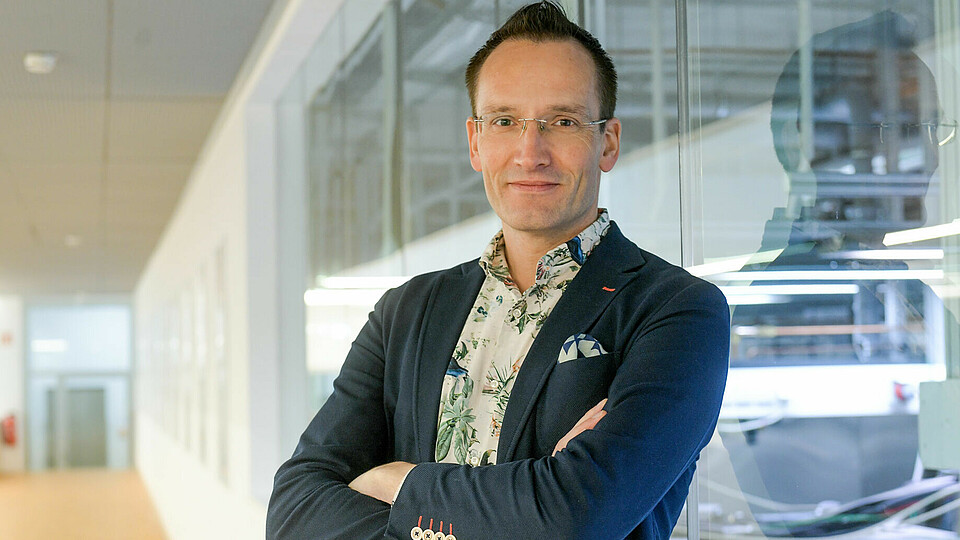

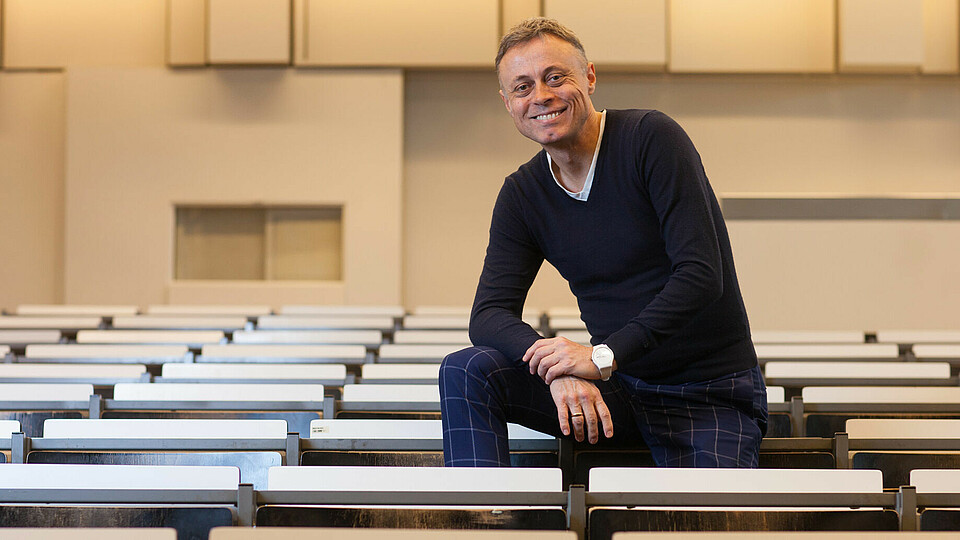
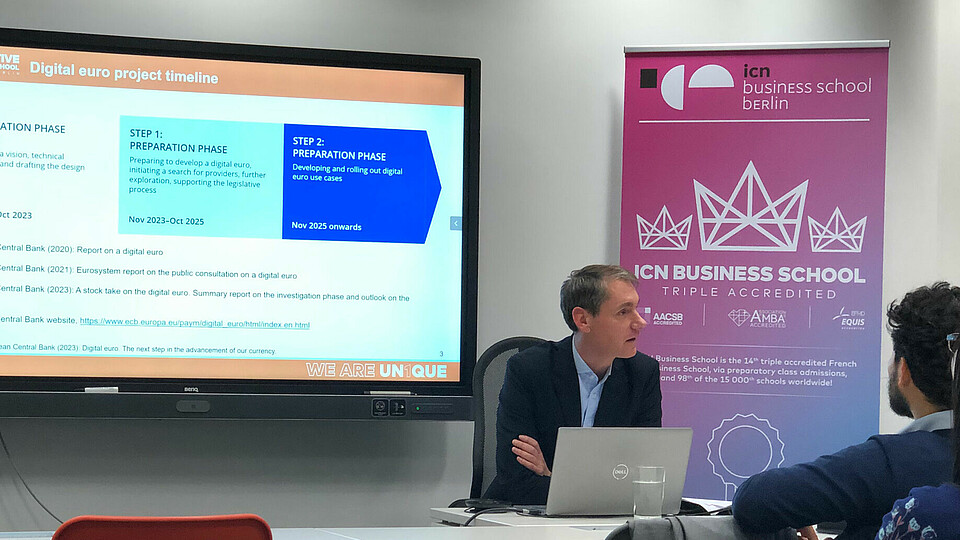
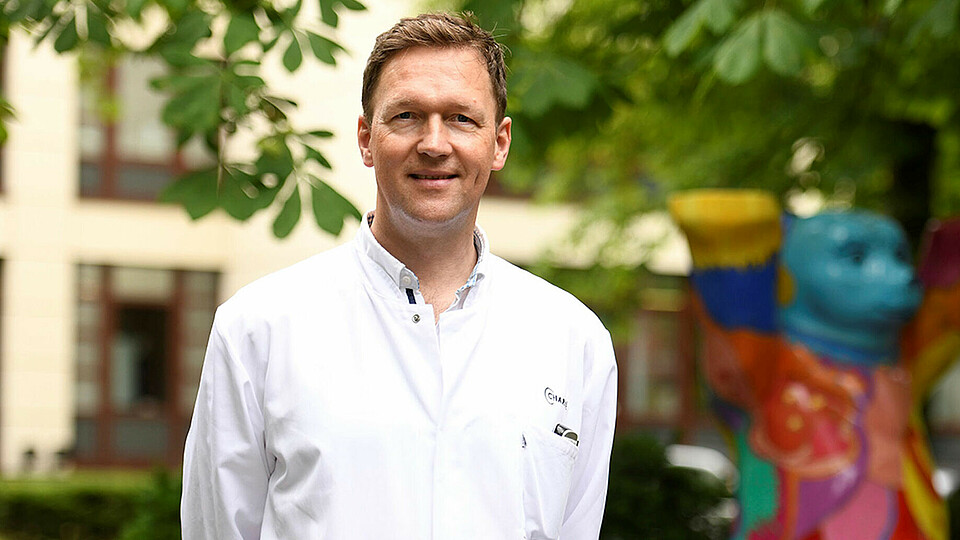
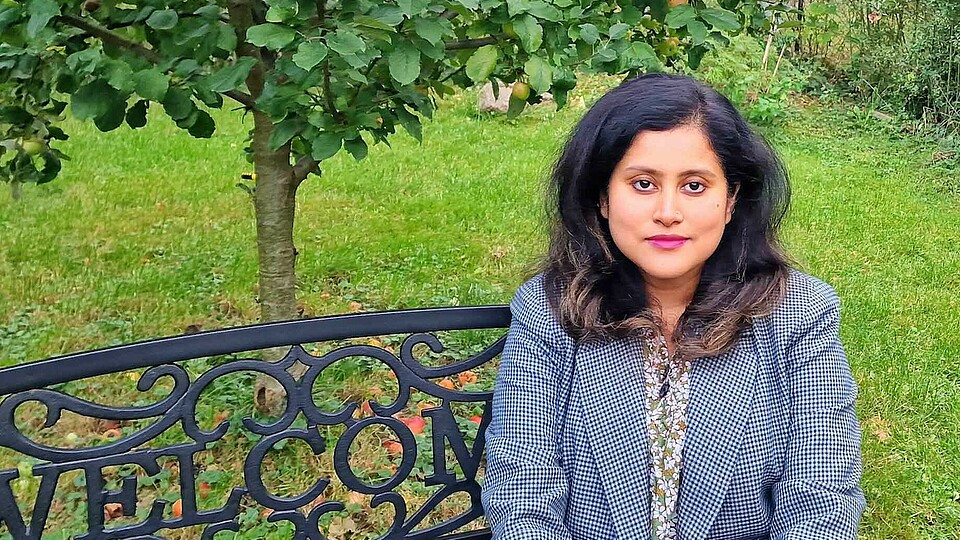
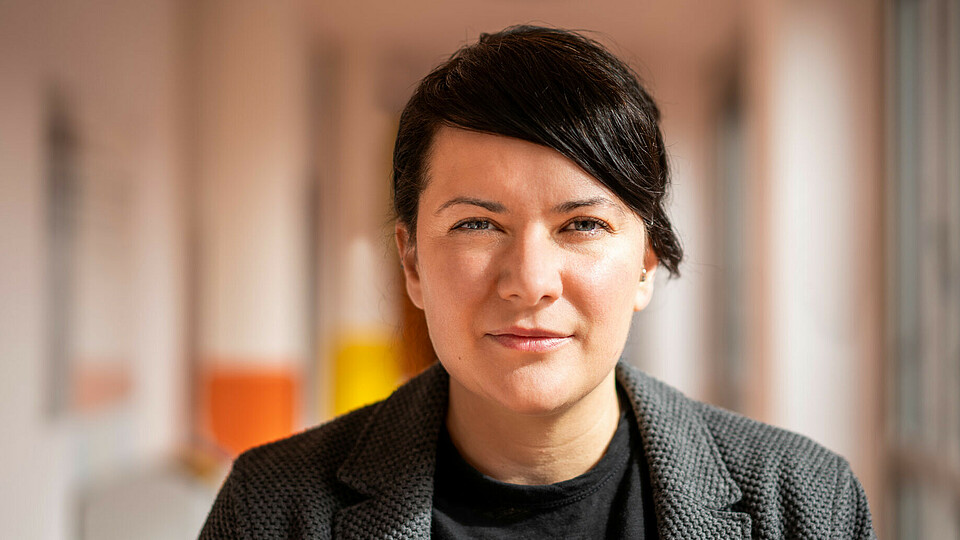
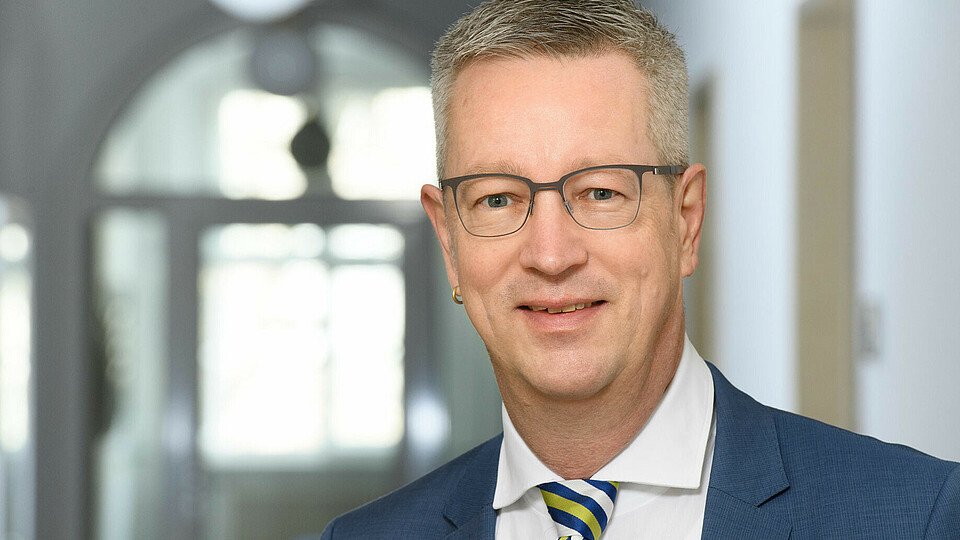
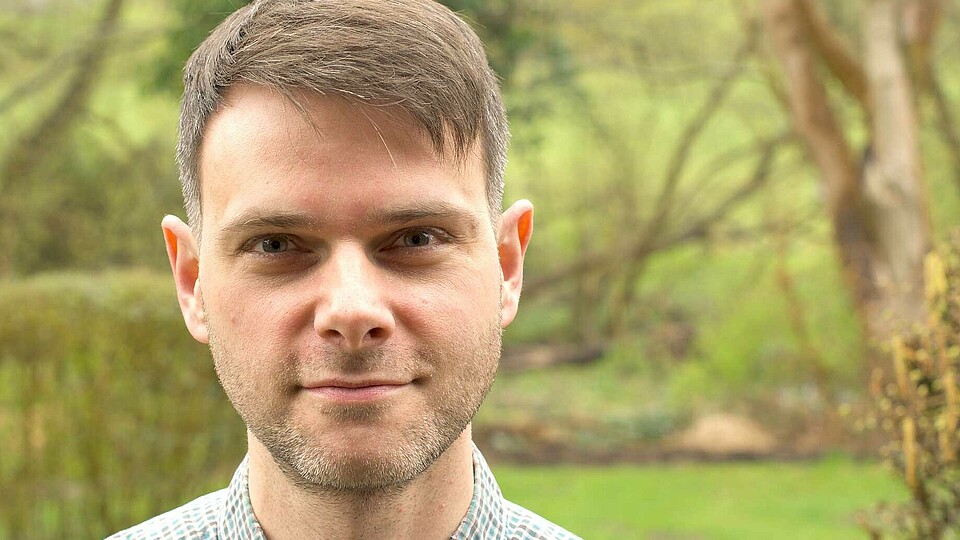
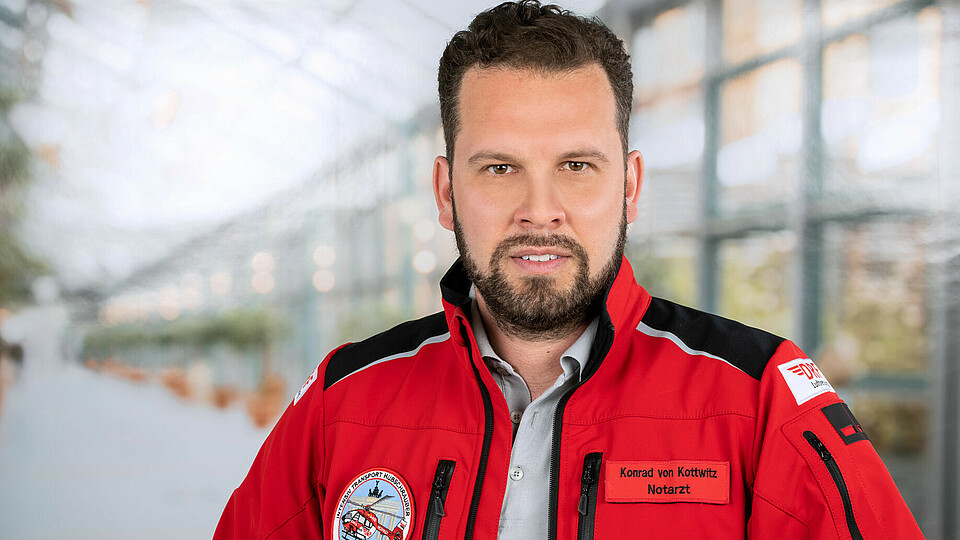
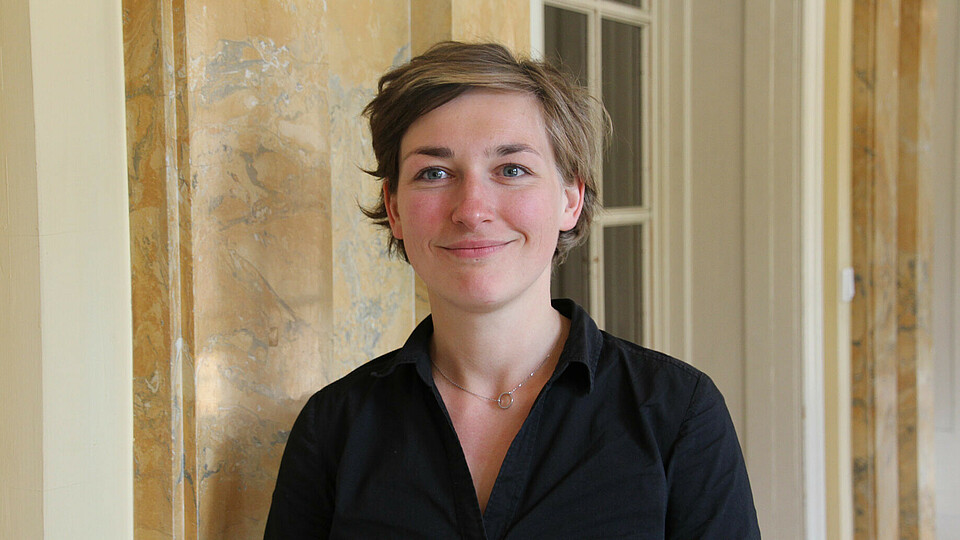
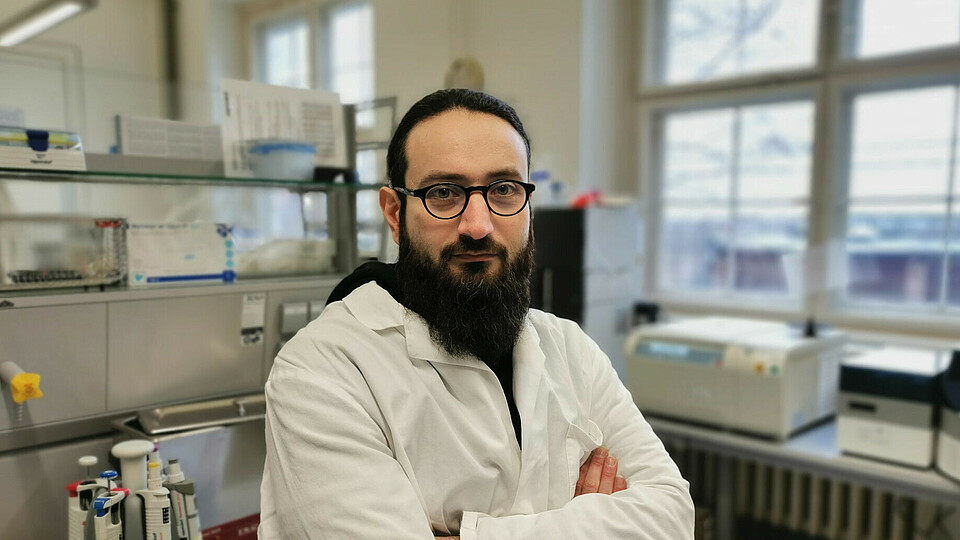
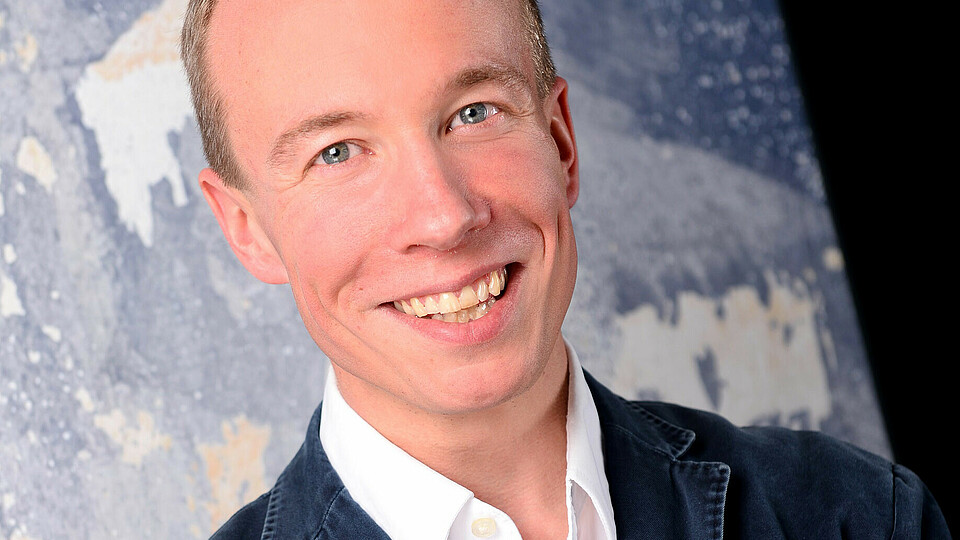
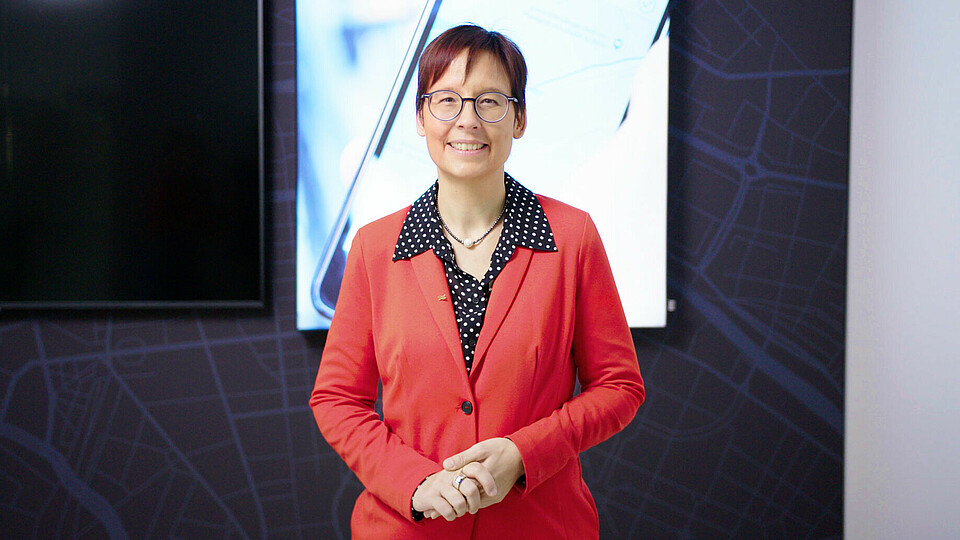
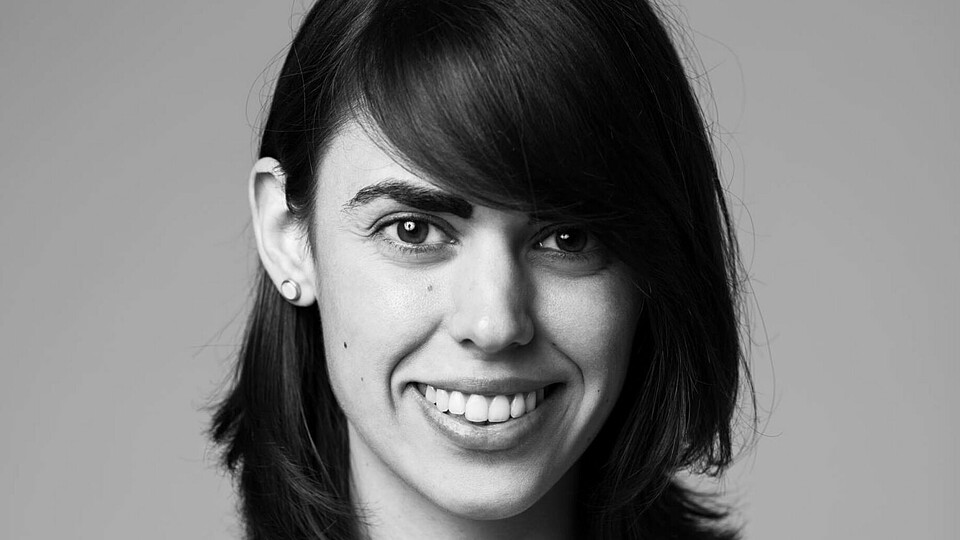
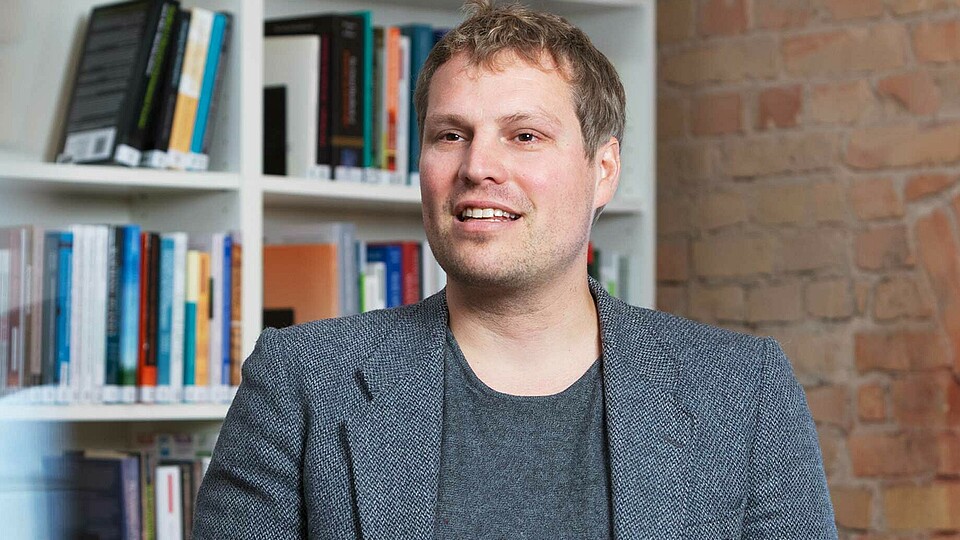
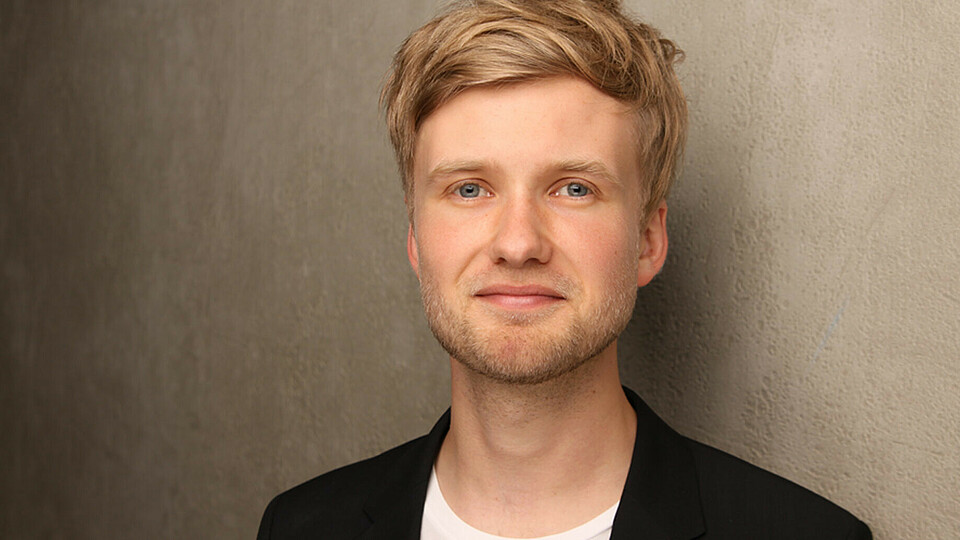
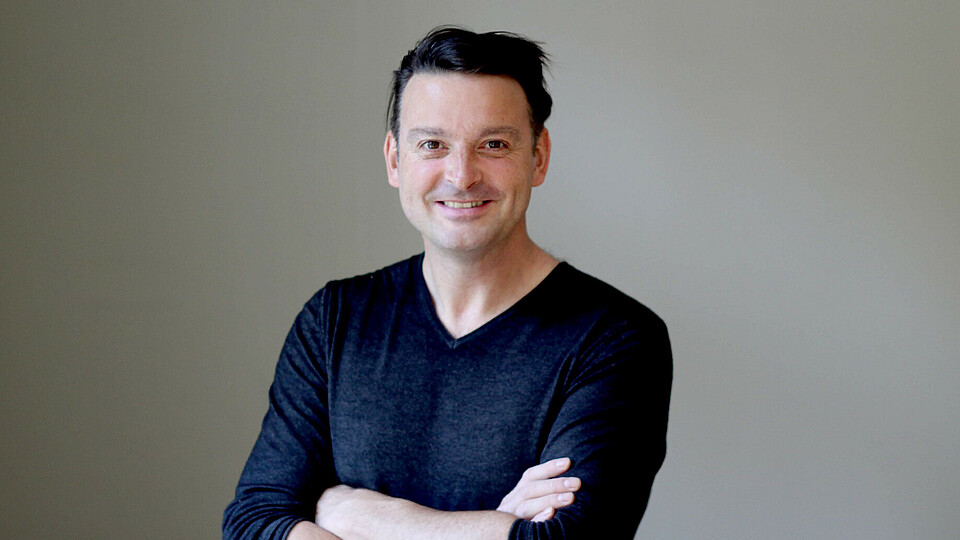
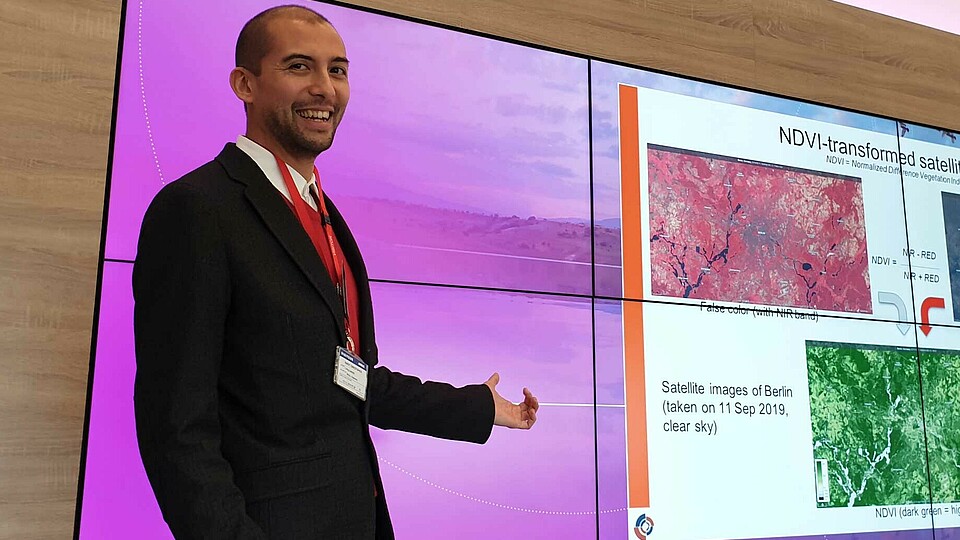
![[Translate to English:] [Translate to English:]](/fileadmin/_processed_/b/c/csm_Lang_Berlin-Partner_Philipp-Jester_683x384_31db623bc3.jpg)